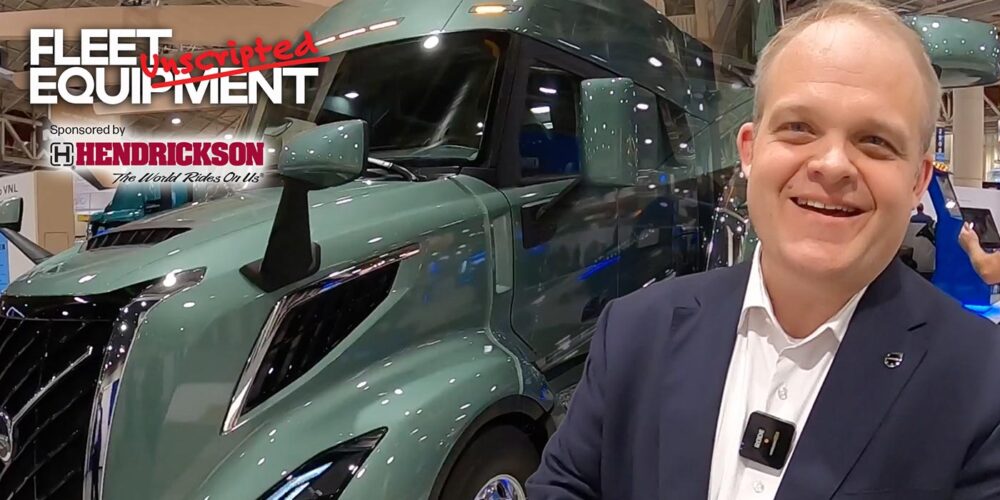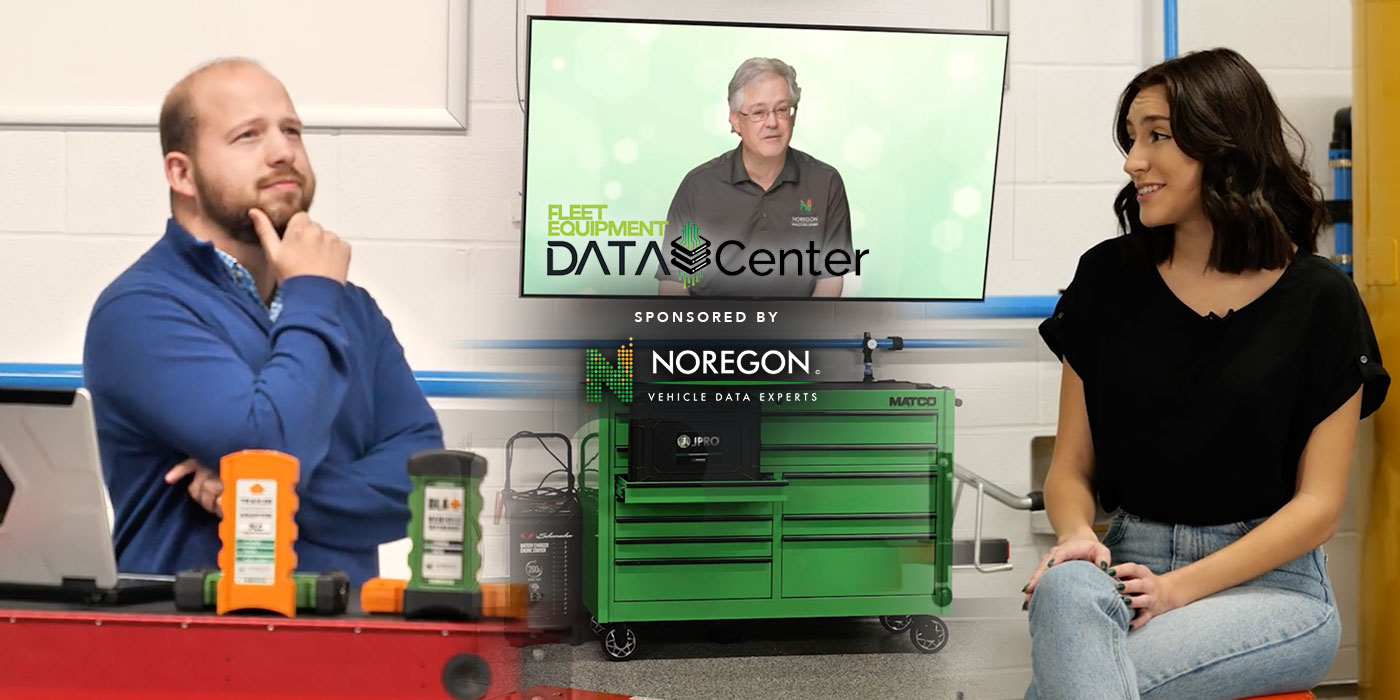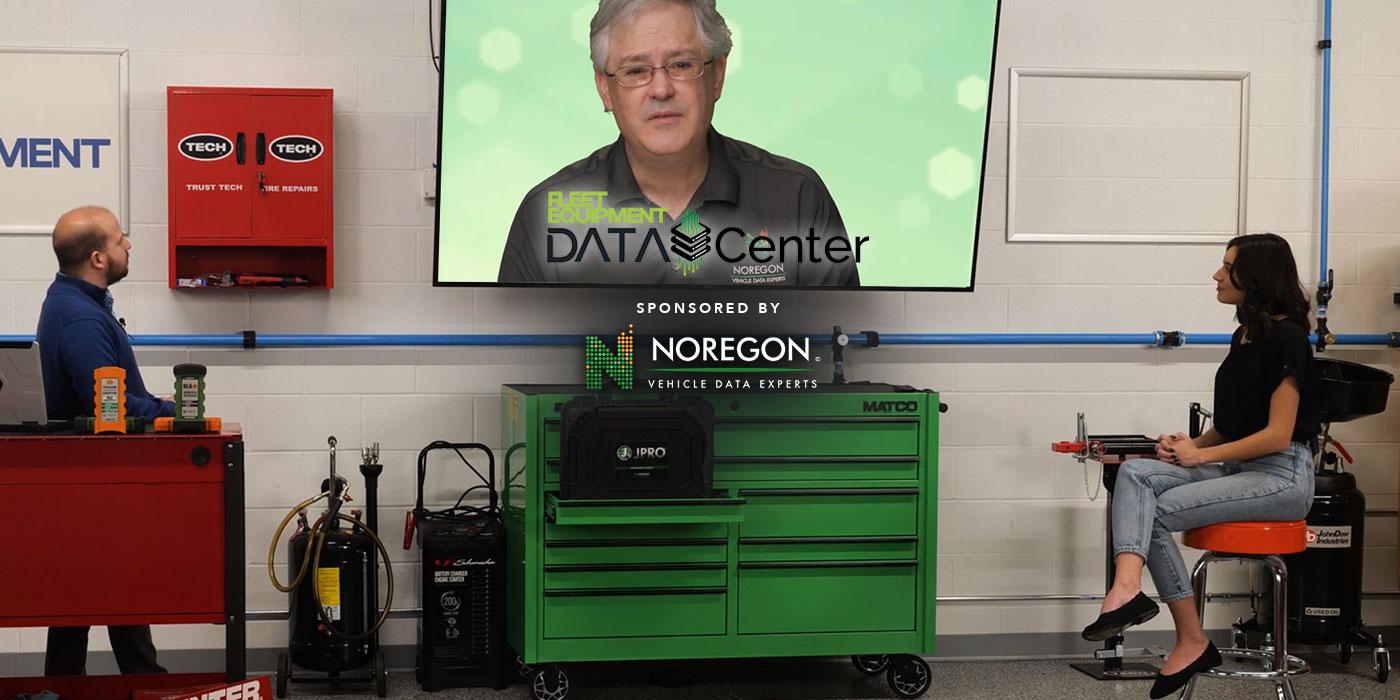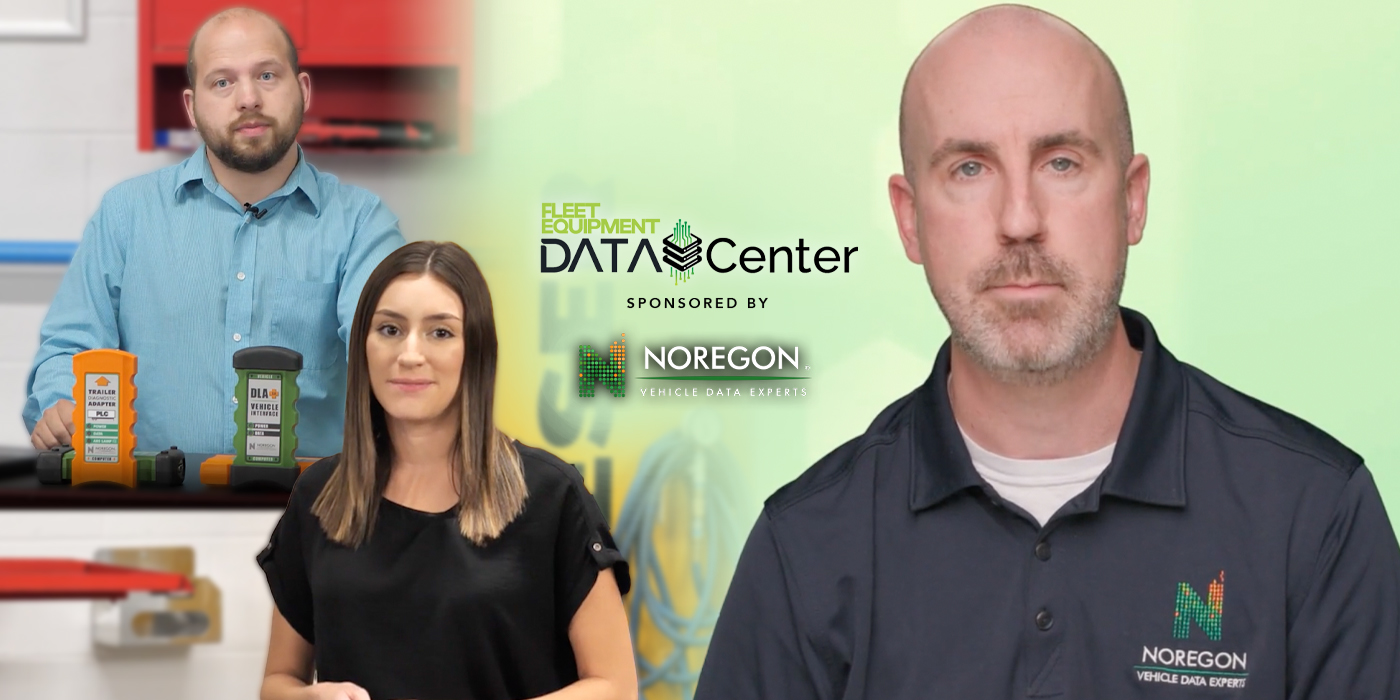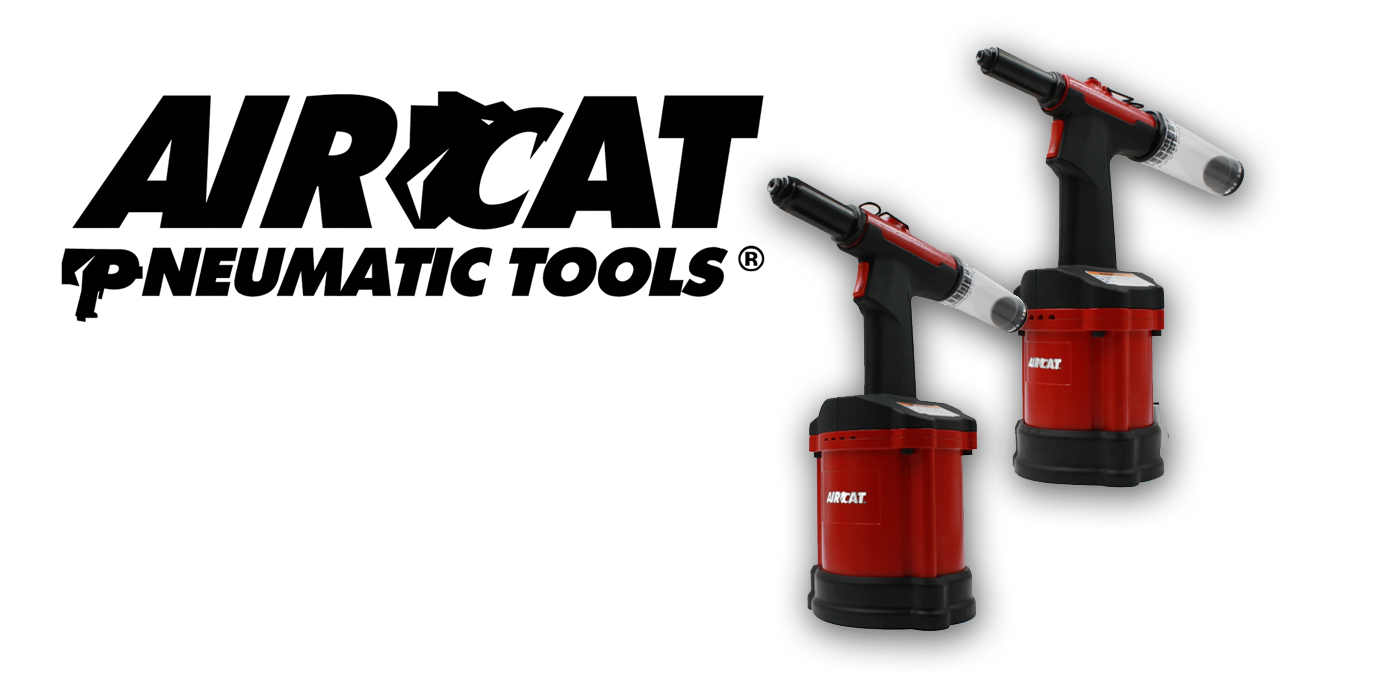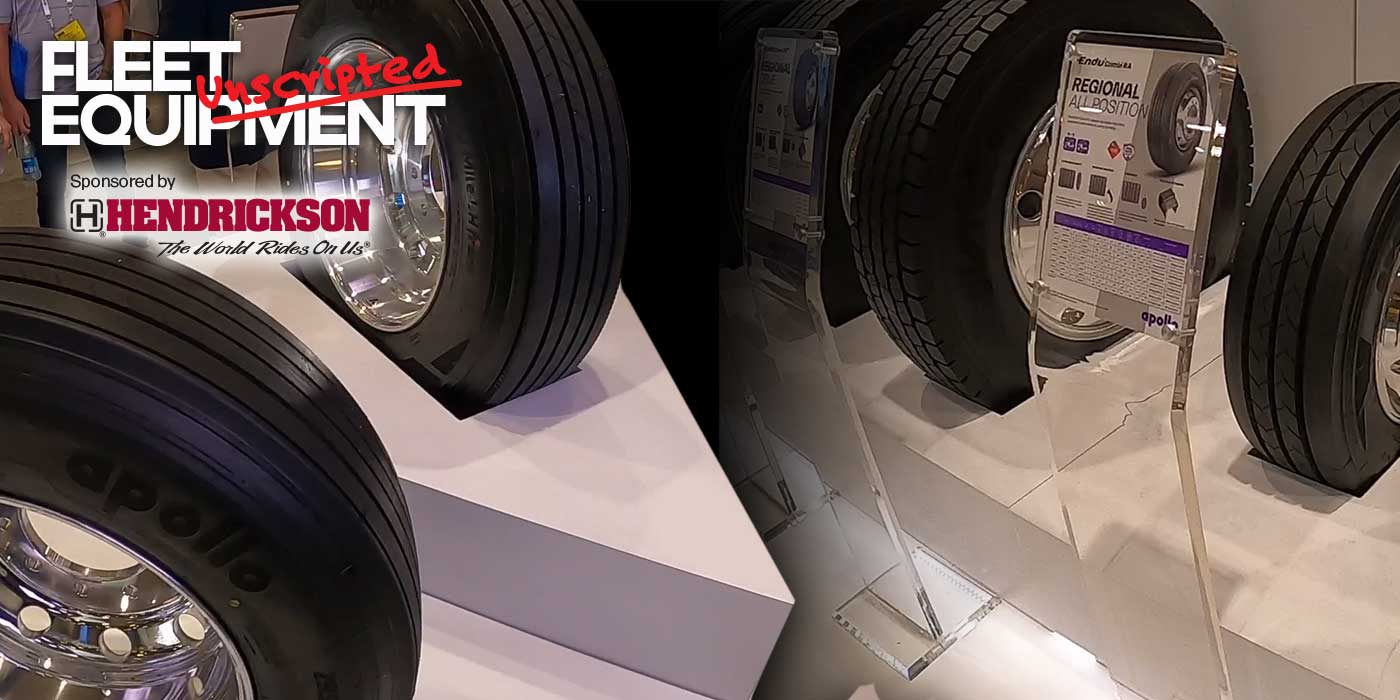We’re taking it back to basics to talk about different scan tool options. The scan tools you have in your shop should allow you to work on all makes and models of commercial trucks and simultaneously diagnose all electronic components on a vehicle. Maintenance and repairs drive uptime, so it’s critical for technicians to be able to find all issues on an entire vehicle before putting it back in operation.
Your diagnostic and repair tool should be as intuitive as it is advanced. Guided diagnostics, for example, should empower entry-level technicians to do more than basic repair jobs and let experienced technicians focus on complex jobs instead of being pulled away for triage activities.
You might ask: Aren’t there differences between an all-makes-and-models scan tool and OEM scan tool?
Yep. An all-makes-and-models solution can allow you to reduce the number of diagnostic tools needed in the shop, but an OEM scan tool can offer unique functionality for specific repairs.
For even more scan-tool centric insight, watch the video above where Jason Hedman, JPro product manager, Noregon, takes us through the ins and outs of scan tool selection.
Fleet Equipment’s Data Center is sponsored by Noregon. Subscribe to our newsletter to catch every episode as we’ll be diving into use cases, talking with the data pros and making data usage approachable.





